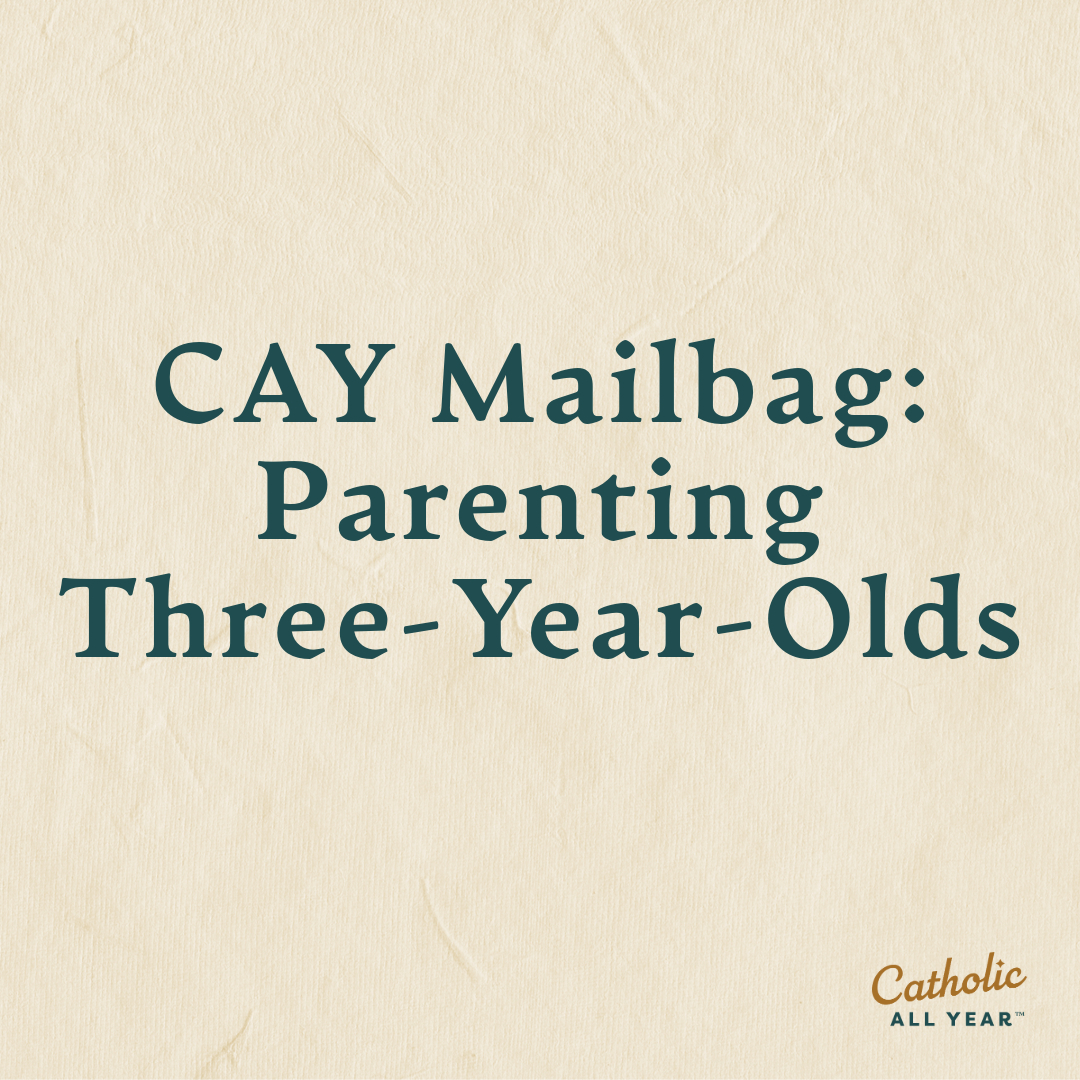(question edited for clarity)
Hi! I have to ask a parenting question. With our oldest, after reading a few of your blogs, we did time-outs. The “two’s” were a breeze! However, he (and now our second child who is almost 3), went through a challenging stage at age three. There’s a ton of STRONG emotion, and, when being babysat, the three-year-old kiddo won’t stay in a time-out. They get into a certain “mode” where they are not listening and there’s no getting through to them.
This makes our kids sound wild, but it was an all-of-a-sudden behavior that happened with our oldest right before we had another baby, and now our daughter who will be 3 in November seems to be starting this same behavior. And we’ll be adding another baby to our family in February.
I guess my question is do you have advice for this behavior? They clearly just need to snap out of it and calm down, but she won’t stay in a time-out. I’m worried about when we are in the hospital having our 4th.
We truly have lovely children! Just a stage. – Kathleen

Hi Kathleen,
Thank you for your question!
Three years old is a CHALLENGE to say the least.
When parenting children of any age and especially young children there are three things that are really important to remember: first, to always mean what you say, second, to be consistent, and third, to discern why the behavior is occurring.
Meaning what we say as parents is important because it builds a foundation of trust with our child. They know that when we say something we mean it, whether that’s dessert after dinner or a specific consequence that we’ve warned them about. Following through on what you say lets your child know they can take you at your word.
Being consistent builds a habit in both you and your child that certain bad behaviors always get the same dispassionate response. This helps you to respond without reacting when your toddler is throwing a tantrum and allows your child to know what’s going to happen when they choose to act in a certain way.
Discerning the underlying reason that behavior might be occurring helps you help your child in the quickest way possible. Do they always lose it while you’re making lunch? Maybe they’re just hungry and need to eat a bit earlier. Are they upset especially when you get home from appointments or work? Maybe they need a little more one on one time to make it to bedtime without a meltdown.
When your toddler won’t stay in timeout stay consistent and continue to bring her back, let her know that she is free to join the family again once she is calm. If she’s able to talk to you then asking if she needs a hug or a snack can help you get to the bottom of what might really be causing the tantrum. But usually, when toddlers are this worked up it’s something that just needs to be waited out.
Please count on our prayers!
The CAY Team
Looking for more from Kendra about parenting? Here are some posts from the archives with some more tips: Why I Love the Terrible Twos, Mailbag: Please Stop the Screaming, Our One Parenting Rule for a Less Hectic Home





